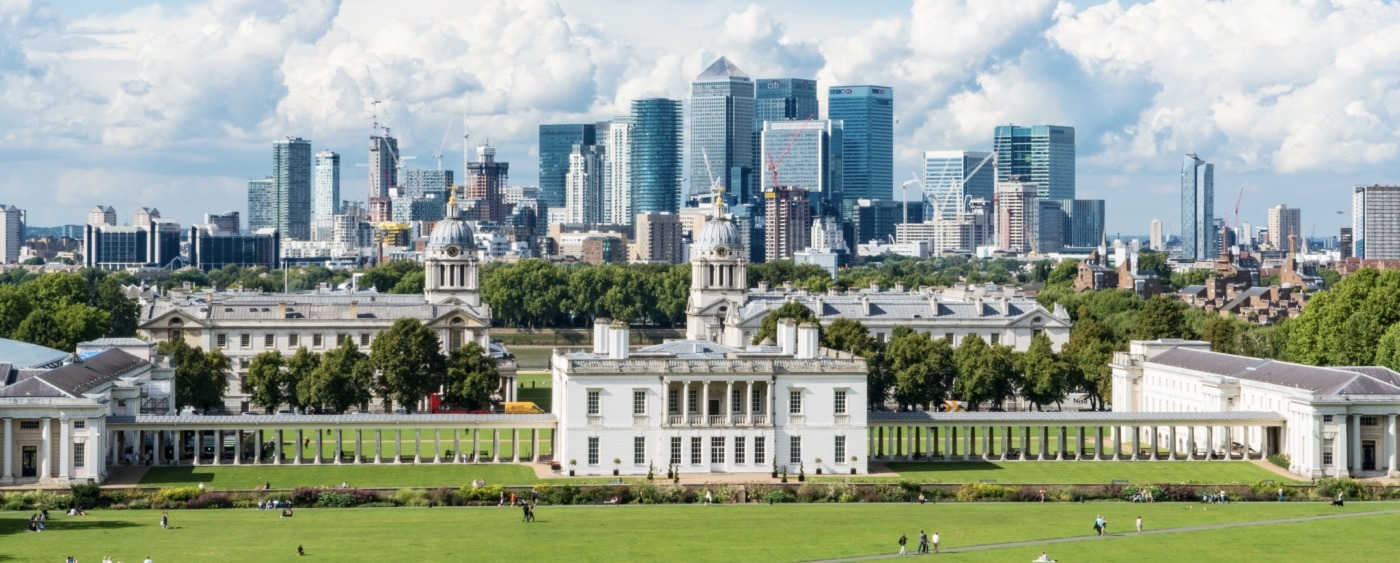Capitalism and coronavirus: have we judged it too harshly?
In the fight against COVID-19, for every victim, there are many saviors. Thousands have responded to the global challenge that coronavirus places in front of us and tackled the problem innovatively. With the chinks in the armor of public institutions clearly visible, big firms have risen to the occasion to help deliver relief to the masses, while organizing philanthropic efforts for those most affected. In the aftermath of Corona Virus, is it time to move past the erstwhile bad image created for capitalism, and portray it in a newer light?
Arguably, the biggest expansion in role has occurred for Big Banks. Across the world, Banks have been processing loans like never before, after discussions with state leaders. From statements released by the Big four Banks, the banking sector is willing to go lengths to save the world economy from crashing. On Wall Street, JPMorgan Chase and Bank of America declared that nearly 500,000 immediate loan applications were processed, under the Paycheck Protection Program (PPP). Totaling about $46 billion, these funds go towards helping small and medium-sized businesses (SMBs) struggling due to the global pandemic with forgivable loans. Wells Fargo said that it sent invitations for loan applications to more than 450,000 customers with a total notional loan amount of around $50 billion. The money is not from their own coffers – governments provide most of the funds- but banks have become the first block in the domino chain of getting loans to those who require it the most.
Corona Virus has changed how banks operate in the policy sphere and made them heroes, increasing collaboration between banks and states.
With a system overload, banks have amassed workers into efficient organisational structures not seen since the 2008 financial crisis. This benevolent response may in part be due to a desire to change the consumer perspective. Post the 2008 financial crisis, big banks became synonymous with greed and hate- a perfect picture of everything wrong with capitalism after the financial crisis bailouts. Corona Virus has changed how banks operate in the policy sphere and made them heroes, increasing collaboration between banks and states. Often this comes at a cost- JP Morgan Chase set aside $8.29 billion for bad loans in the post-Virus scenario, and reported first-quarter profits falling 69%, to a six-year low. Wells Fargo reported a credit costs surge, and analysts expect other influential banks to follow suit.
Silicon Valley hasn’t shied away from the Corona cause either. Microsoft Corporation, in partnership with the Gates Foundation, has pledged over $126 million to Covid research and cure, with nearly $6.5 million going to China itself. Amazon, Apple, and Alphabet have donated amounts as high as $800 million, with promises to match every additional individual donation with their own. In other cases, Individuals have competitively given to causes- Twitter’s CEO, Jack Dorsey pledged over $1 Billion from his private equity towards relief funds and education. Overall, it is estimated that big tech gave over $2.3 Billion to Corona cure as of April 2020. However, it is not just the money that counts for tangible effort. A big chunk of the service that these corporations are doing comes from the applications they own. In times of social distancing, the population has turned to social media and e-commerce like never. Amazon’s effort for doorstep delivery has enabled the masses to receive essential services. Microsoft’s decision to offer Teams, a collaboration platform free for six months, has helped organizations continue business-as-usual through virtual learning, and work from home.
With the success of loan and fund schemes run by these firms, it is clear that public attitudes have changed towards capitalist corporations and voters may be open to the idea of greater private-public collaboration.
It is clear that without the private-sector’s response, the government’s mechanism would fail. Despite banks processing thousands of loans every year, government funding dried up nearly a day after the scheme was put in action. While governments have regular taxation systems, Big Tech has contributed exponentially more to getting money to grassroot levels and research. The tangible change created by billion-dollar firms begs the question- have we been too harsh in judging them for the past decade? The government made extravagant bailouts during the 2008 financial crisis, but these firms have played their part by filling up the big gaps in public service that the state cannot provide in the face of a pandemic, often at huge costs to personal and organizational wealth.
However, the question can only be truly answered in the long run, after the effects of Corona have fully festered. It is but natural for consumers to default on their loans, causing credit losses for banks, the beginning of which is already visible. Central Banks are already leaning towards very low interest rates to help the common man, which may force banks to cut on lending profits. How these firms adjust their lending and employment regulations will have the final say on the matter. Finally, public-private partnerships have had a winning boost like never before during the pandemic, a relationship both parties should look at continuing post the pandemic for maximum policy reach. With the success of loan and fund schemes run by these firms, it is clear that public attitudes have changed towards capitalist corporations and voters may be open to the idea of greater private-public collaboration. The enemy now is not the Banker or the CEO, but the virus. As Jamie Dimon, the CEO of JPMorgan Chase aptly emphasized, “If we can help the country get through this, everybody’s better off.”

Comments